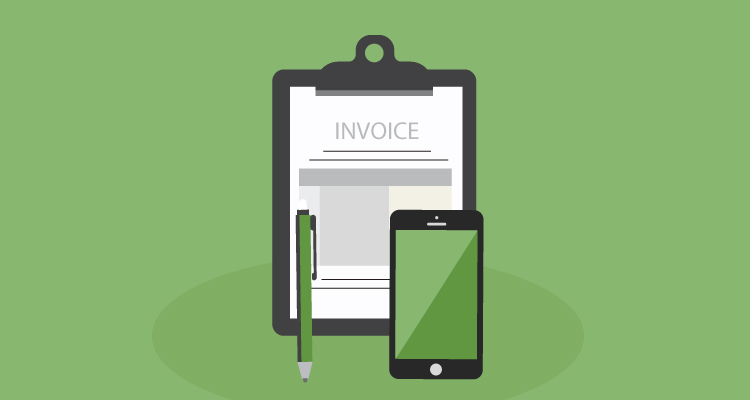At some point, we’re all new to freelancing. We’re building our portfolios and we’re scrapping for clients. In the rush to sign clients on, new freelancers can easily forget about the administrative aspect of the job. How should you handle invoices? How and when should clients pay? Here are invoicing mistakes that new freelancers should avoid.
Table of Contents
ToggleNot Filling Out Invoices Properly
Yes—there’s probably a lot on your plate, but filling out invoices fully is helpful for both you and your client. This means keeping the ‘product’ or ‘service’ line item spaces organized and thoroughly explaining each line item that you have on the invoice. You’ll appreciate this at the end of the year when you’re reviewing the books to see which products or service line items make you the most money.
Plus if you need to go back to research invoices for any reason, you’ll have clear descriptions for each of your invoices. Don’t rush through sending invoices. Set aside time each month (or several times a month) to collect on old invoices and to send out new ones.
Being Too Scared to Send Out Invoices
Clients are probably not going to beg you to send invoices. You need to send invoices to your clients on time to ensure you get paid. The directions for when to send invoices and when you’ll get paid should be discussed when you start working together.
For example, some clients accept invoices and make payment once or twice a month. Some clients pay invoices weekly. It’s your job to make sure that the payment arrangement is clear for all parties.
When it’s time to send the invoice, make sure you’re actually sending the invoice. Sending invoices late or not at all sets a bad precedence. I asked a contractor recently to send an invoice, and I’ve yet to receive it. This is putting us both in limbo.
I remember early on in my career I worried that sending an invoice was rude so I hated sending them out. The fact is, this is a business transaction. You did your work and it’s time to get paid. If the client is taken aback when you send an invoice in accordance to your agreement, you need to have a discussion with the client to find out where the miscommunication is.
Not Choosing a Proper Invoicing System
Bootstrapping is fantastic, but not when it comes to your invoice system. Manually managing invoices created on a word processor is a recipe for disaster. You have to manage many different invoice numbers, and it all becomes a mess.
I tried creating and managing paper invoices at the beginning of my career, and it was one of the worst decisions I made. It was hard to track paid and unpaid invoices because none of it was managed through a system. Invest in a bookkeeping system on or offline. Systems are affordable and worth the business expense.
New Freelancers—Pay Attention to Your Invoices!
When growing your business, an invoicing system may be the last thing on your mind. But it’s important because it’s how you get paid. New freelancers should remember to fully fill out invoices and send them on time to get paid on time.












